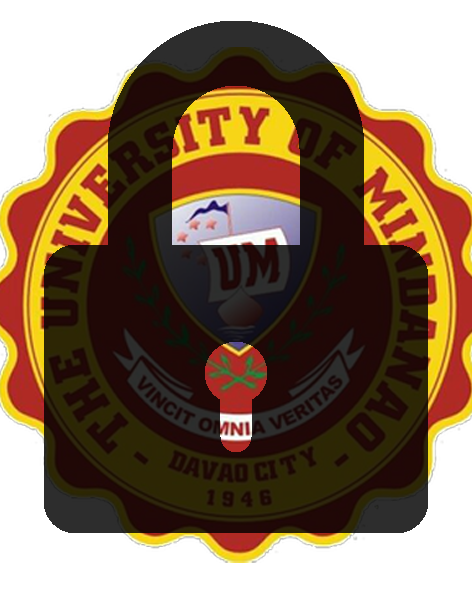Electronic word-of-mouth and social influence as predictors of consumer behavior among food services
Abstract
The study aimed to determine the domains of electronic word-of-mouth and social influence that significantly predicts or influence the consumer behavior among the food services costumers in the Municipality of Kapalong. The respondents of the study were 384 selected food services costumers in Kapalong, Davao del Norte. The researcher used a quantitative non-experimental utilizing correlational technique in research and utilized the modified and adapted research questionnaires as instrument. The statistical tools used in this research include mean, Pearson-r, standard deviation and regression analysis. Results revealed that the level of the electronic word-of-mouth of the respondents is high, the level of social influence is high, while the level of the consumer behavior indicates a high level. Furthermore, this study found out that there is a significant relationship beeen the electronic word-of-mouth and consumer behavior. Also, a significant relationship between the social influence and consumer behavior was determined. Likewise, sender’s expertise, eWOM quantity and eWOM quality domains significantly influence consumer behavior. Moreover, in social Influence domains, the role in society, family, and reference group influence consumer behavior. Lastly, the results of the study support the theories of Involvement Theory, Social Judgement Theory, Theory on Reasoned Action, and the Proposition of Erkan and Evan (2016).
Collections
- Master's Theses [16]
Publisher
Master in Business Administration

